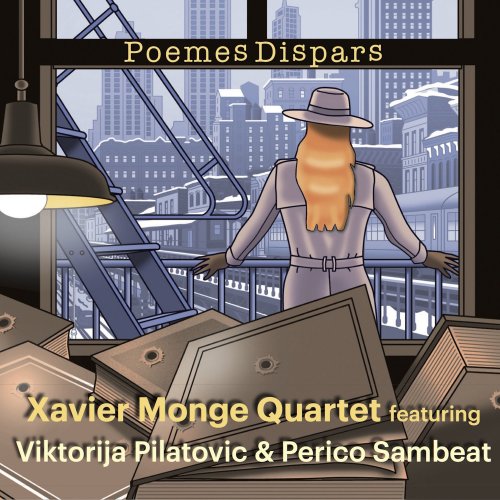Llŷr Williams - Robert Schumann: Piano Works (2024) [Hi-Res]
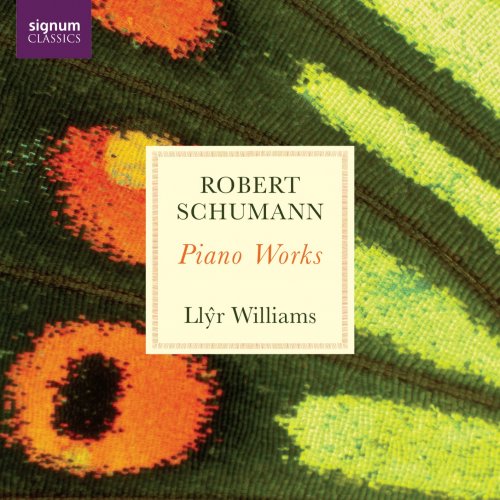
Artist: Llŷr Williams
Title: Robert Schumann: Piano Works
Year Of Release: 2024
Label: Signum Records
Genre: Classical Piano
Quality: flac lossless (tracks) / flac 24bits - 96.0kHz +Booklet
Total Time: 02:33:00
Total Size: 546 mb / 2.31 gb
WebSite: Album Preview
TracklistTitle: Robert Schumann: Piano Works
Year Of Release: 2024
Label: Signum Records
Genre: Classical Piano
Quality: flac lossless (tracks) / flac 24bits - 96.0kHz +Booklet
Total Time: 02:33:00
Total Size: 546 mb / 2.31 gb
WebSite: Album Preview
01. Fantasy, Op. 17: I. Durchaus phantastisch und leidenschaftlich vorzutragen - Im Legendenton - Erstes Tempo - Adagio - Im Tempo
02. Fantasy, Op. 17: II. Mässig. Durchaus energisch - Etwas bewegter - Viel bewegter
03. Fantasy, Op. 17: III. Langsam getragen. Durchweg leise zu halten - Etwas bewegter - Nach und nach bewegter und schneller - Adagio
04. Papillons, Op. 2: Introduction. Moderato - No. 1, Waltz
05. Papillons, Op. 2: No. 2, Waltz
06. Papillons, Op. 2: No. 3, Waltz
07. Papillons, Op. 2: No. 4, Waltz. Prestissimo
08. Papillons, Op. 2: No. 5, Polonaise
09. Papillons, Op. 2: No. 6, Waltz
10. Papillons, Op. 2: No. 7, Waltz. Semplice
11. Papillons, Op. 2: No. 8, Waltz
12. Papillons, Op. 2: No. 9, Waltz. Prestissimo
13. Papillons, Op. 2: No. 10, Waltz. Vivo
14. Papillons, Op. 2: No. 11, Polonaise
15. Papillons, Op. 2: No. 12, Finale
16. Humoreske, Op. 20: I. Einfach. Sehr rasch und leicht
17. Humoreske, Op. 20: II. Hastig
18. Humoreske, Op. 20: III. Einfach und zart. Intermezzo
19. Humoreske, Op. 20: IV. Innig
20. Humoreske, Op. 20: V. Sehr lebhaft
21. Humoreske, Op. 20: VI. Zum Beschluss
22. Davidsbündlertänze, Op. 6: No. 1, Lebhaft
23. Davidsbündlertänze, Op. 6: No. 2, Innig
24. Davidsbündlertänze, Op. 6: No. 3, Mit Humor
25. Davidsbündlertänze, Op. 6: No. 4, Ungeduldig
26. Davidsbündlertänze, Op. 6: No. 5, Einfach
27. Davidsbündlertänze, Op. 6: No. 6, Sehr rasch
28. Davidsbündlertänze, Op. 6: No. 7, Nicht schnell
29. Davidsbündlertänze, Op. 6: No. 8, Frisch
30. Davidsbündlertänze, Op. 6: No. 9, Lebhaft
31. Davidsbündlertänze, Op. 6: No. 10, Balladenmäßig. Sehr rasch
32. Davidsbündlertänze, Op. 6: No. 11, Einfach
33. Davidsbündlertänze, Op. 6: No. 12, Mit Humor
34. Davidsbündlertänze, Op. 6: No. 13, Wild und lustig
35. Davidsbündlertänze, Op. 6: No. 14, Zart und singend
36. Davidsbündlertänze, Op. 6: No. 15, Frisch
37. Davidsbündlertänze, Op. 6: No. 16, Mit gutem Humor
38. Davidsbündlertänze, Op. 6: No. 17, Wie aus der Ferne
39. Davidsbündlertänze, Op. 6: No. 18, Nicht schnell
40. Nachtstücke, Op. 23: I. Mehr langsam, oft zurückhaltend
41. Nachtstücke, Op. 23: II. Markirt und lebhaft
42. Nachtstücke, Op. 23: III. Mit grosser Lebhaftigkeit
43. Nachtstücke, Op. 23: IV. Einfach
44. Faschingsschwank aus Wein, Op. 26: I. Allegro. Sehr lebhaft
45. Faschingsschwank aus Wein, Op. 26: II. Romanze
46. Faschingsschwank aus Wein, Op. 26: III. Scherzino
47. Faschingsschwank aus Wein, Op. 26: IV. Intermezzo
48. Faschingsschwank aus Wein, Op. 26: V. Finale
Robert Schumann knew exactly who was listening in secret to his Fantasie in C major (Op.17) when he inscribed this verse by the poet and philosopher Friedrich Schlegel at the head of the published score in 1839. When he composed the magisterial work in 1836 Schumann was in a state of utter despair: he wanted marry the brilliant young pianist Clara Wieck with whom he was secretly engaged but who was nine years his junior. Although he’d known her as a little girl – and even lived in the same house in Leipzig when studying with her possessive father Friedrich – an innocent friendship gradually developed by November 1835 into a deep and passionate love. Herr Wieck was furious that such a dangerous and – to him – impossible liaison had developed right under his nose and now did everything in his power to keep the two apart. The full story of his desperate campaign is harrowing and often degrading for Schumann; it wasn’t until September 1840, after surmounting all sorts of legal obstacles, that the couple finally could marry – on the eve of Clara’s 21st birthday. But an unintended consequence of their enforced separation was that Schumann poured out his deepest feelings – from anguish and despair to ecstasy and hope – in a torrent of piano works which are effectively a series
of private letters to Clara.
She was thus enabled to follow his emotions, yearnings and exhortations as if reading a series of coded letters – and we are the lucky eavesdroppers perched on her shoulders as she scans the pages with rapture and excitement, recognising – in the Fantasy – quotations from Beethoven’s iconic song-cycle An die ferne Geliebte (To the distant beloved) as well as other private musical messages. Schumann told her that it was ‘the most passionate thing I have ever written – a profound lament for you’.
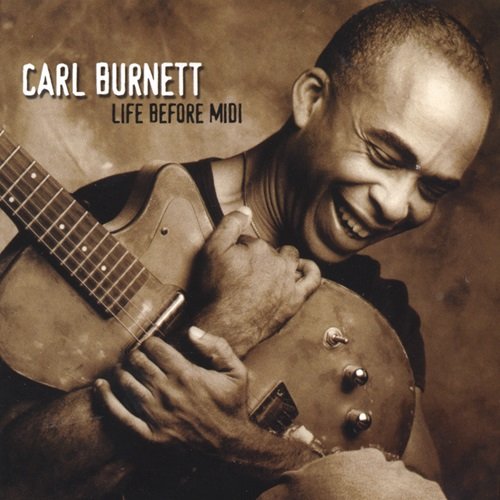
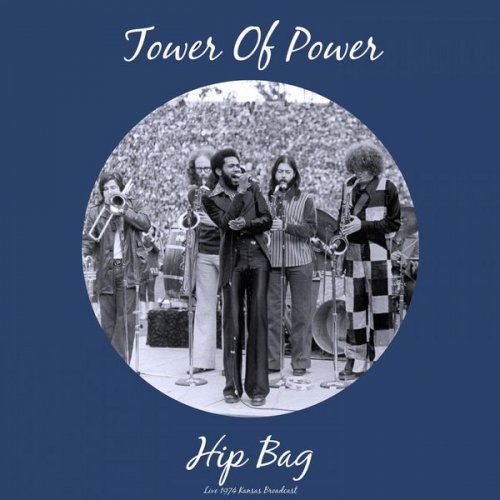

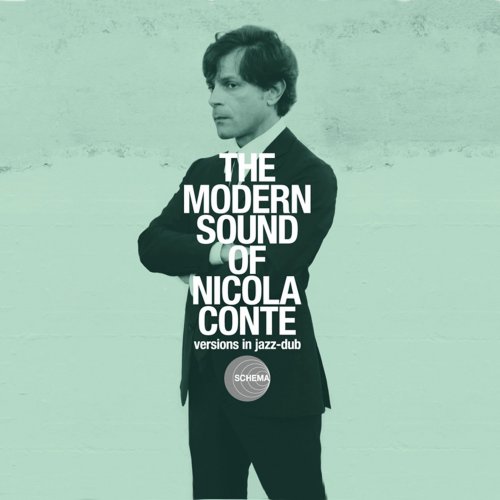
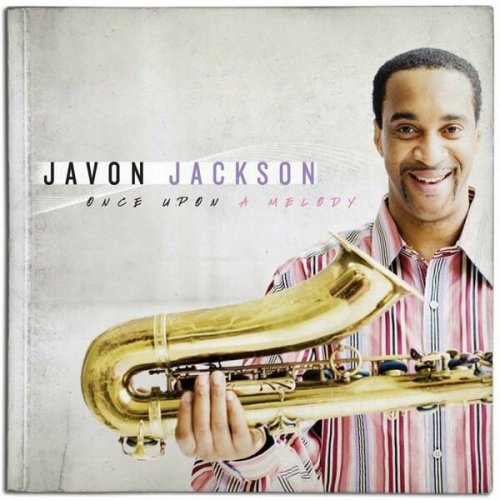
![Mario Bočić & Jazz Orkestar HRT-a - Candide (2024) [Hi-Res] Mario Bočić & Jazz Orkestar HRT-a - Candide (2024) [Hi-Res]](https://www.dibpic.com/uploads/posts/2024-10/1727869535_folder.jpg)
![Bantukemistry - Makorokoto (2024) [Hi-Res] Bantukemistry - Makorokoto (2024) [Hi-Res]](https://www.dibpic.com/uploads/posts/2024-10/1727869104_wh2fmvb6lo4eb_600.jpg)
